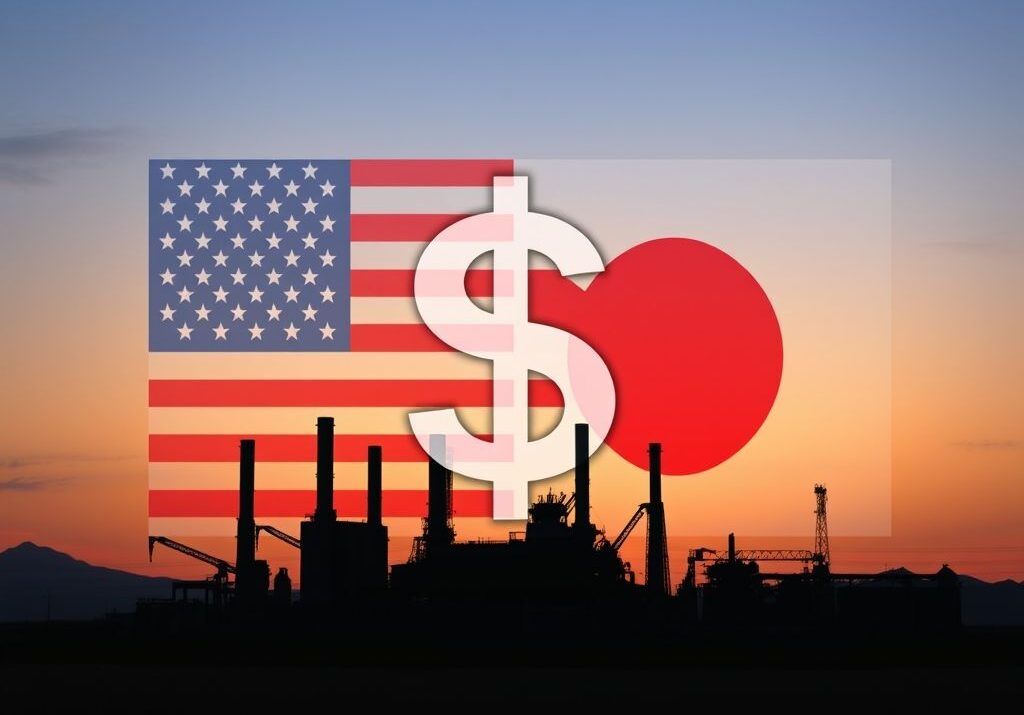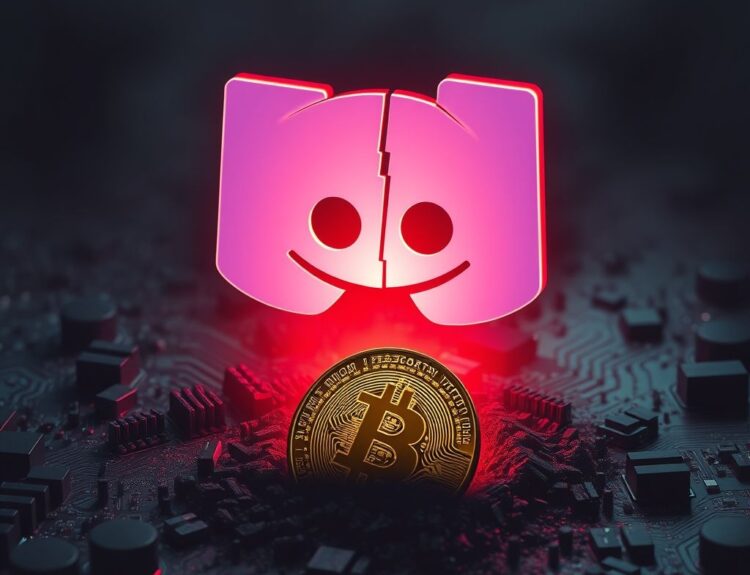Ever feel like you’re watching a high-stakes chess match with the global economy as the board? The proposed acquisition of US Steel by Japan’s Nippon Steel has been that kind of nail-biter. But here’s the latest twist: Donald Trump seems to be signaling a potential green light, contingent on a “national security agreement.” Let’s unpack this.
The news, as reported by Fortune and other outlets, is that Trump’s team is reportedly open to the deal, provided Nippon Steel adheres to this currently undefined agreement. This is a significant shift, considering Trump’s earlier, more critical stance on the acquisition, and it brings a whole new set of questions to the table.
Why All the Fuss About US Steel?
US Steel isn’t just any company; it’s a symbol of American industrial might. Its fate impacts thousands of jobs and plays a role in our nation’s economic security. This acquisition has sparked fierce debate, raising concerns about foreign ownership of critical infrastructure and its potential impact on American workers.
The National Security Angle
So, what exactly does a “national security agreement” entail? Unfortunately, the details are still murky. But we can speculate based on similar agreements in other industries.
Think about it: The Committee on Foreign Investment in the United States (CFIUS) often scrutinizes foreign investments for potential national security risks. In 2023, CFIUS reviewed hundreds of transactions, highlighting the U.S. government’s focus on safeguarding sensitive industries. This often involves ensuring the foreign entity doesn’t gain access to sensitive technology, intellectual property, or control over critical infrastructure. U.S. Department of the Treasury – CFIUS Annual Report
The agreement could impose restrictions on Nippon Steel, potentially limiting their control over certain aspects of US Steel’s operations, requiring specific investments in domestic production, or mandating the sharing of certain technologies.
The Broader Context: Global Steel Dynamics
This deal unfolds against the backdrop of a fiercely competitive global steel market. According to the World Steel Association, global steel production reached 1.88 billion tonnes in 2023. World Steel Association – Steel Statistical Yearbook 2024 Consolidation is becoming a recurring theme as companies seek to gain scale and efficiency. Nippon Steel, already a global powerhouse, sees US Steel as a strategic asset to strengthen its position.
What This Means for Cameroon (and the World)
While this deal directly impacts the US and Japan, its ripples will be felt globally. Here’s why:
- Trade Flows: Changes in US Steel’s production and competitiveness could alter global steel trade patterns, potentially impacting steel prices and availability for countries like Cameroon.
- Investment Climate: The outcome of this acquisition will send signals to international investors about the openness and predictability of the US market.
- Geopolitical Considerations: The deal has implications for the broader US-Japan relationship and the balance of power in the global steel industry.
5 Key Takeaways:
- Trump’s apparent shift towards accepting the Nippon Steel acquisition is a surprise, but comes with strings attached.
- The “national security agreement” is the key – its specific terms will determine the true impact of the deal.
- National security concerns are paramount in scrutinizing foreign investments in strategic industries like steel.
- Global steel consolidation is ongoing, driven by the need for scale and competitiveness.
- This deal has international implications, affecting trade flows, investment climates, and geopolitical dynamics worldwide.
The Bottom Line
The Nippon Steel/US Steel saga is far from over. We need to watch closely as the details of the “national security agreement” emerge. It will ultimately shape the future of US Steel, the global steel market, and the way countries view foreign investment in critical industries. Stay tuned!
FAQ: Nippon Steel’s US Steel Bid – Your Burning Questions Answered
1. What’s the big deal about Nippon Steel buying US Steel?
US Steel is a symbol of American industry and a major employer. The acquisition raises questions about foreign control of vital assets and potential job losses in the US.
2. What is this “national security agreement” that Trump is talking about?
It’s a set of conditions Nippon Steel must meet to ensure the acquisition doesn’t harm US national security interests. The exact details are still unknown, but it likely involves things like protecting sensitive technology and maintaining domestic production.
3. Why is national security even a concern in a steel deal?
Steel is used in critical infrastructure and defense applications. The US wants to ensure a reliable domestic supply and prevent foreign entities from gaining undue influence over these sectors.
4. What happens if Nippon Steel refuses to accept the national security agreement?
The deal could be blocked by the US government. Trump has the power to prevent the acquisition if he deems it a threat to national security.
5. How will this acquisition affect steel prices in Cameroon?
Potentially. Changes in US Steel’s production and competitiveness could indirectly influence global steel prices, impacting Cameroon’s import costs.
6. Will this deal lead to job losses in the US?
That’s a major concern. The United Steelworkers union is worried about potential job cuts and has opposed the deal. The national security agreement might include provisions to protect American jobs.
7. Is this acquisition a done deal?
No. It still needs regulatory approval and Nippon Steel must agree to the terms of the national security agreement.
8. What role does the US government play in this?
The US government, through agencies like CFIUS and potentially through executive action, has the power to review, approve, or block the deal based on national security and economic considerations.
9. Are other countries also scrutinizing foreign investments like this?
Yes. Many countries have similar mechanisms to review foreign investments for national security risks.
10. Where can I find more reliable information about this deal?
Check reputable news sources like the Wall Street Journal, Reuters, Bloomberg, and the Fortune article linked above. Also, keep an eye on official statements from the US government and the companies involved.








